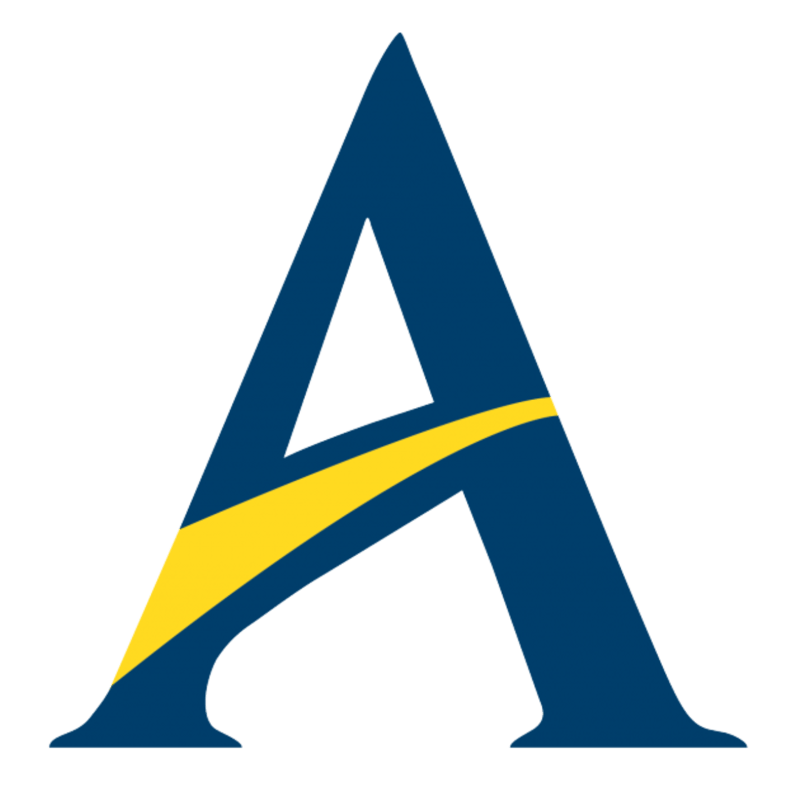
Financial aid (may be available)

Financial aid (may be available)

$173 to start
$2,200 total

Financial aid (may be available)

Financial aid (may be available)

Financial aid (may be available)
No cost info
$600 total

No cost info
$3,902 total
Are you interested in helping individuals overcome addiction and lead healthier lives? If so, pursuing a career in drug and alcohol counseling may be the perfect path for you. In this blog post, we will explore everything you need to know about drug and alcohol counseling classes near you in St. Louis. From training requirements to job prospects, we've got you covered.

Drug and alcohol counseling is a crucial field that aims to support individuals struggling with addiction. As a counselor, you will play a pivotal role in helping clients overcome their substance abuse issues and develop healthier coping mechanisms. By providing guidance, support, and therapy, you will be instrumental in their journey towards recovery.
Drug and alcohol counseling involves providing assistance and support to individuals struggling with substance abuse problems. As a counselor, your primary role is to help clients identify the root causes of their addiction and develop effective strategies to overcome it. This may involve individual or group therapy sessions, education on the dangers of substance abuse, and creating personalized treatment plans.
To become a drug and alcohol counselor, you will need to complete specific training requirements. These requirements may vary depending on the state you reside in, so it's essential to research the regulations in your area. In general, the following steps are necessary to pursue a career in drug and alcohol counseling:
Education: Most drug and alcohol counseling programs require at least a high school diploma or equivalent. However, some positions may require a bachelor's or master's degree in a related field, such as psychology or social work.
Certification: After completing the necessary education, you will need to obtain certification as a drug and alcohol counselor. This typically involves completing a certain number of supervised clinical hours and passing a certification exam.
Continuing Education: Once certified, it's important to stay up-to-date with the latest developments in the field. Continuing education courses and workshops can help you expand your knowledge and skills as a drug and alcohol counselor.
When searching for drug and alcohol counseling classes in St. Louis, it's essential to consider several factors to ensure you receive the best education and training. Here are some key points to consider:
Accreditation: Make sure the program you choose is accredited by a reputable accrediting body. Accreditation ensures that the program meets certain quality standards and will provide you with the necessary knowledge and skills.
Curriculum: Review the curriculum of the program to ensure it covers all essential topics related to drug and alcohol counseling. Look for courses that focus on counseling techniques, addiction psychology, and legal and ethical issues in the field.
Faculty: Research the qualifications and experience of the faculty members teaching the program. Experienced instructors with real-world experience can provide valuable insights and guidance throughout your education.
Hands-on Experience: Look for programs that offer opportunities for practical experience, such as internships or supervised clinical hours. Hands-on experience is crucial in developing the skills necessary to work effectively as a drug and alcohol counselor.
Once you enroll in a drug and alcohol counseling class, you can expect a combination of classroom lectures, group discussions, and hands-on exercises. Here are some aspects you can expect from the day-to-day class:
Lectures: You will attend lectures that cover various topics related to drug and alcohol counseling, including addiction theories, counseling techniques, and treatment modalities.
Group Discussions: Engaging in group discussions allows you to learn from your peers and gain different perspectives on addiction and recovery.
Role-Play and Simulations: To practice your counseling skills, you may participate in role-play exercises and simulations. These activities help you develop effective communication and therapeutic techniques.
Case Studies: Analyzing case studies provides practical insights into real-life scenarios and challenges faced by drug and alcohol counselors. It helps you apply theoretical knowledge to practical situations.
After completing your drug and alcohol counseling classes, you will need to go through the certification process to become a licensed counselor. The specific requirements for certification may vary depending on your state, so it's crucial to research the regulations in your area. Generally, the process includes the following steps:
Clinical Experience: You will need to complete a certain number of supervised clinical hours, usually under the guidance of a licensed counselor.
Certification Exam: You will need to pass a certification exam to demonstrate your knowledge and competency in drug and alcohol counseling. The exam may cover topics such as counseling techniques, ethics, and addiction treatment.
Licensing Application: Once you have met the education and experience requirements, you can apply for a license to practice as a drug and alcohol counselor. The application process typically involves submitting an application, paying a fee, and providing supporting documents.
After completing your drug and alcohol counseling classes and obtaining certification, you'll be ready to embark on a rewarding career in the field. Here are some ways to find related job opportunities:
Networking: Reach out to professionals in the field, attend conferences, and join professional organizations to expand your network. Networking can lead to job opportunities and valuable connections in the industry.
Job Boards: Utilize online job boards and platforms to search for drug and alcohol counseling positions in your area.
Internships: Consider applying for internships or volunteer positions at local treatment centers or counseling agencies. This can provide valuable hands-on experience and potentially lead to a full-time job.
Once you have established a career in drug and alcohol counseling, you may want to expand your knowledge and skills by taking additional classes. Here are some related classes you can consider:
Trauma-Informed Care: Trauma-informed care focuses on understanding and addressing the impact of trauma in individuals' lives. This class can help you better support clients who have experienced trauma alongside addiction.
Cognitive-Behavioral Therapy (CBT): CBT is a widely used therapy approach that focuses on identifying and changing negative thought patterns and behaviors. This class can enhance your counseling skills and provide additional tools for helping clients overcome addiction.
Family Counseling: Family dynamics play a significant role in addiction and recovery. Taking a family counseling class can help you better understand and address the complexities of addiction within a family system.
Drug and alcohol counseling is a challenging yet highly rewarding career path. By completing drug and alcohol counseling classes in St. Louis, you can gain the necessary knowledge and skills to make a positive impact on individuals struggling with addiction. Remember to research and choose a reputable program that aligns with your goals and aspirations.
If you're interested in exploring other vocational classes or career options, visit Dreambound. Dreambound is the largest platform for students to find vocational training programs, such as allied health or industrial trades. Their mission is to provide all the information students need to find the perfect class.
Dreambound has an extensive collection of guides that dive deep into how to get started in the field, tailored for various cities. For those based in different locations or planning to move, we recommend exploring our other guides.
Thinking about making a career switch? Dreambound has written thorough guides to help you understand different options available to you.
Dreambound's platform allows prospective students to find the right educational program for them through searching, filtering, and connecting with our extensive selection of career & technical education partners.
Dreambound has over 70 programs across healthcare, technology, business, and industrial trades. This includes programs such as Medical Billing, Cybersecurity, and welding.
Some of our schools offer financial aid for those who qualify. Many others offer payment plans, where you can pay the cost of class over time.
Yes, Dreambound offers many online programs. On Dreambound's search, you can filter by online, in-person, and hybrid (part online, part in-person).
Dreambound is completely free for you to use! We are supported by schools and organizations who pay to advertise on our website, so we can offer all of our career resources for free.